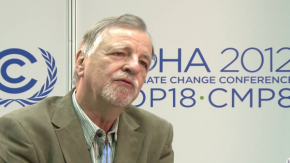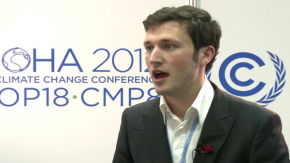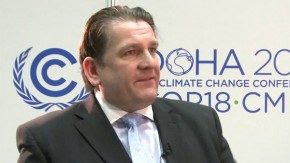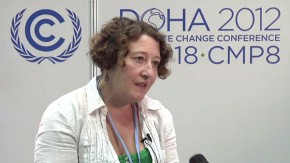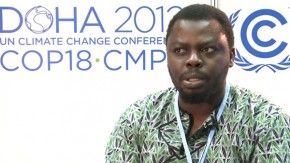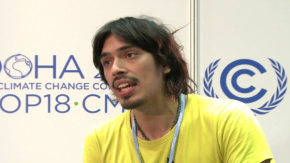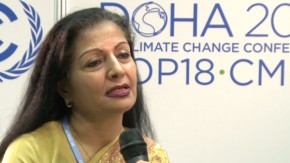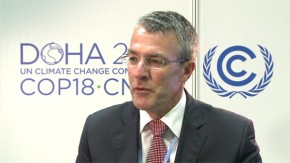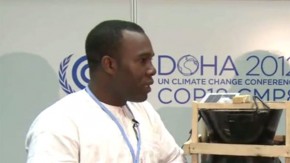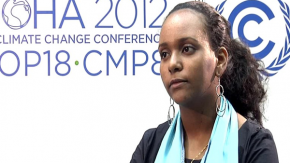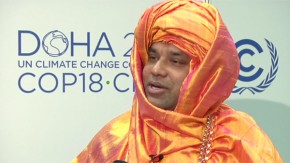COP18 (04/12/2012) – Professor Herbert Girardet, Director of Programmes at the World Future Council, describes his concern over the effects our work today will have on future generations, and talks about the relationship between cities and the world’s ecosystems.
The largest impact on the biosphere comes from the production and consumption systems in cities, he says, which needs to be addressed with new technologies and innovative ideas on urban development. He says we now need to move beyond sustainability to concepts of regenerative development – and that cities need to be at the forefront of this.
He uses the example of Adelaide, Australia, where the linear processes of resource consumption have been reworked, so that waste food and water are being returned to surrounding farm land to increase soil fertility.
He says this concept of cities copying the circular functioning of the world’s natural ecosystems is increasingly being widely discussed, in both developed cities or cities in construction. He says that regenerative development is an attractive idea because sustainable development has not achieved enough, and many organisations realise the need to do more to restore rather than simply sustain the relationship between human life and the natural world.
